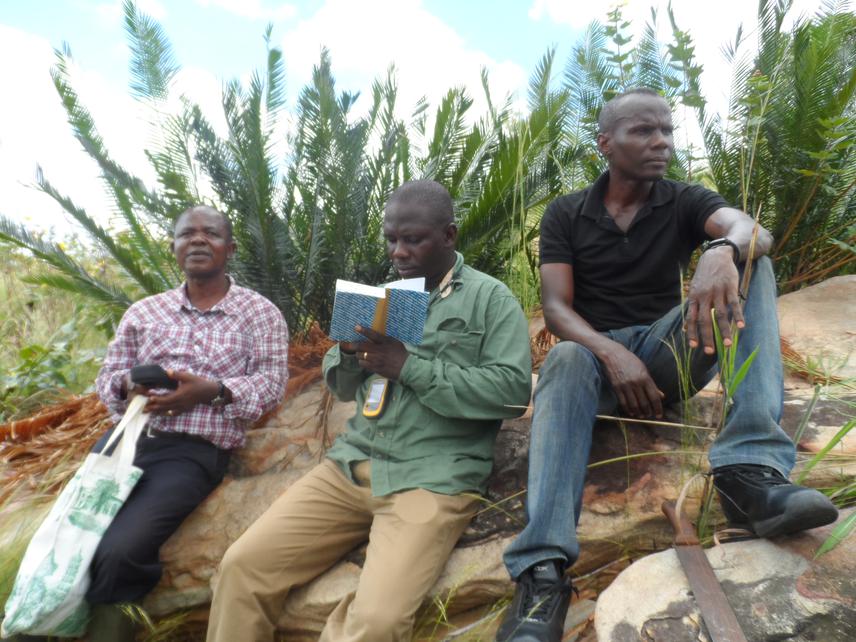Alex Asase
Other projects
9 Jul 2013
Ecology and Conservation of Threatened Cycad Species (Encepharlatos barteri) in Ghana
The aim of this project is to support the conservation of endangered medicinal plants in Ghana used for the treatment of malaria and wounds through the cultivation of the plants and promotion of conservation awareness about these plants among Ghanaian university students.

Many people in developing countries depend on locally available plants for their primary health care needs. This is due to several reasons, including problems in gaining access to Western style medicine due to lack of financial resources, and long distances that have to be travelled to reach medical facilities. Therefore, the importance and role of the traditional healers and medicinal plants in countries such as Ghana cannot be underestimated. However, many of the species of medicinal plants used in Ghana are endangered due to over-exploitation, habitat and ecosystem losses, and unsustainable harvesting. Addressing this problem is our ultimate goal which is directly linked to the objectives of the Mellenium Development Goals, NEPAD goals and the Global Strategy of Plant Conservation.
The overall goal of this project is to support the conservation of twenty endangered medicinal plants used for the treatment of malaria and wounds (diabetics and Buruli ulcer wounds) in Ghana based on previous ethnobotanical and ecological studies of the applicant. Specifically, the project aims to:
(1) establish a ten acre garden for these medicinal plants at the University of Ghana;
(2) to promote conservation awareness of these plants among Ghanaian university students.
Firstly, seeds and other vegetative propagating materials of the 20 endangered medicinal plants from nearby forests would be collected. Compost for the nursery and planting beds would be prepared. This would be followed by the establishment of a nursery where seeds, stem cutting, root cutting and rhizomes of the plants would be propagated. Transplanting to the prepared beds will be done after the plants have established their rooting system. The planting beds will be watered and weeded regularly. A label will be put on each plant and the entire garden fenced with wire gauze for protection.
All the steps involved in the cultivation of the plants will be properly documented and used to prepare a handbook for propagation and cultivation of the selected plants. About 50 colour printed posters on the 20 medicinal plants would be developed for subsequent engagement and conservation education. A three-day workshop would be held where 15 students from three universities in Ghana will be educated on the conservation importance and methods to be used to cultivate the 20 endangered medicinal plants in their communities during vacations.